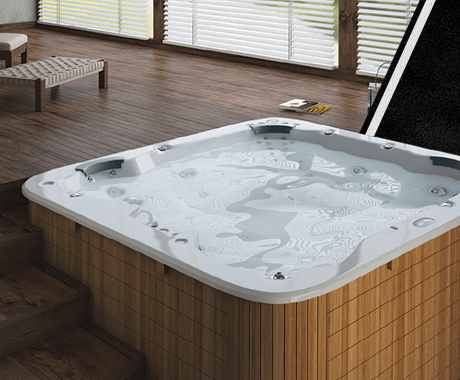What is a Sauna Bath? Types of Saunas in India and Their Benefits
Sauna Bath
Vetted by
SocialBeat , Senior Architect, Delhi
December 02, 2022
What started as huge structures with heavy mechanisms is now a component that can fit within the four walls of your house. That’s right! You don’t need to spend on expensive memberships or travel all the way to an outlet just to get a 20 min sauna session. Instead, get your own home sauna bath and relish its benefits within the comfort of your house.
But exactly what is a sauna bath? The term “Sauna” is actually a Finnish word that means a traditional bath. Having found its origin in Finland, the Sauna has come a long way and can now be an integral part of your modern housing here in India as well.
Did you know that saunas today can be as compact as 6ft by 5ft in dimensions and for the sole usage of a family of four?
A sauna room is a place designed to experience wet or hot steam at higher temperatures for a rejuvenating experience. The sauna bath is a wooden structure comprising hot stones onto which water is thrown to produce steam. This process ensures that high temperatures that could boil water are also tolerable for human beings. Having said that, you can also use electricity or just heated rocks to raise the temperature and convert the room into a sauna room.
Continuous exposure to high temperatures could be fatal for a human, but when mediated according to humidity and heat that our body can bear, saunas can be pretty relaxing and have ample benefits as well. Wondering what is a sauna used for? The next section explains the benefits of hot baths like saunas and steam baths in detail.
A sauna or a heated room has ample benefits when it comes to skin beautification and overall improvement of all bodily functions. Some well-known benefits of sauna and steam rooms are:
1. Helps Improve Blood Circulation
Taking a sauna bath can prove beneficial for better blood flow throughout the body and thus, tends to have a positive effect on your overall heart health as well.
2. Provides Stress Relief
The heat of the sauna makes your body release endorphins, which are hormones that relieve stress and promotes pleasure and well-being. As a result, you would be thoroughly relaxed after a sauna bath experience.
3. Aids in Skin Detox
Skin benefits of home saunas, especially infrared saunas are quite notable! Infrared saunas are known to cleanse the skin by improving blood circulation. Better blood circulation can also help improve acne, cuts, eczema, and burns. Moreover, you can also lose toxins like urea and heavy metals through sweat.
4. Helps with Congestion Issues
The increased sauna temperature can help release air passages and thus offers relief from congestion. Moreover, an added benefit of hot baths is that they tend to offer relief from their symptoms of cold and fever.
5. Assists in Muscle Recovery After a Workout Session
Having your own sauna room can amp up your workout sessions with quicker muscle recovery. Wondering how? Improved blood circulation ensures that oxygen-rich blood reaches all your muscles and tissues which facilitates a quicker recovery.
6. Loosen Stiff Joints
A sauna bath not only helps in relieving sore muscles but also helps reduce tension and inflammation in joints. Thus, it can provide relief to individuals who have chronic pain and arthritis. According to an older study on how sauna benefits those with ailments like rheumatoid and arthritis, it was noted that 4 weeks of sauna therapy was actually helpful in relieving pain, stiffness and fatigue.
7. Boosts Immune System
Did you know that a sauna bath at home is a great way to shed a couple of kilos? Since your body is constantly working up a good quantity of sweat, your metabolism rate increases while you also burn some calories.
Learn more about the benefits of saunas in the video below!
Clearly, there are ample benefits of hot baths, making them a must-have inclusion to your home. But, which one would be best to satiate your requirements- a steam room or a sauna? In order to answer that question, let us first understand the differences between steam room and sauna baths.
|
Sauna Bath |
Steam Room |
|
What is a Sauna bath? A sauna bath is a hot room that utilizes dry heat produced by either hot rocks or electrical stoves. |
What is steam bath? A steam bath is a hot room that utilizes wet/moist heat produced by steam boilers. |
|
Sauna room temperature requirements The sauna temperature is mostly high and is mediated around 1000C (212 F). This is the boiling point of water. |
Steam room temperature requirements The benefits of steam rooms are mostly reaped at slightly lower temperatures when compared to sauna rooms. Steam room temperatures lie around 100-114 F only. |
|
What are the benefits of a sauna?
|
Benefits of steam bath:
|
|
Includes both dry sessions as well as wet sessions. |
Includes only wet sessions as a result of steam produced by boiling water. |
Now that you can differentiate between what is a steam bath and what is a sauna bath; the numerous benefits of a steam bath compared to what is sauna used for, are you wondering what is a spa and how it is different from a sauna? A spa can warm your body up quicker and thus, you can experience the healing properties quicker than in a sauna. Explore the range of spas offered by Jaquar.
But, if you’re more of a sauna person, Jaquar has some amazing saunas, too, that can fit seamlessly with all your interior designs. Let us delve deeper into the various types of saunas in India.
1) Wood Burning Saunas
2) Electric Saunas
3) Infrared Saunas
4) Smoke Saunas
5) Shower Saunas
6) Portable Steam Saunas
1. Wood Burning Saunas
What is a sauna bath that adds aesthetic ambience and sheer class to your home designs- Wood Burning Sauna from Jaquar! Wood-burning saunas add ancient aesthetics to your room, thereby adding ambience and serenity. One of the best ways to bust up your stress is to connect with nature and this wooden aesthetic sauna is just the right fit for it!
Pros:
- Adds aesthetic ambience to your home designs
- Does not require heavy electricity grids
- Better suited for distant locations where maintenance could have been a challenge
Cons:
- Requires construction of chimneys for smoke management
- Getting firewood could be expensive in current times
- Takes time to heat up
2. Electric Saunas
An electric sauna bath at home requires the installation of an electric grid for powering up. With the extent of pollution in major Indian cities, electric saunas are a blessing in disguise!
Pros:
- Easy to regulate temperature and humidity
- Less expensive compared to wooden saunas
- Heats up pretty fast
Cons:
- Requires the installation of an electric grid that could be slightly expensive
- Responsible for hefty electricity bills in the coming months
- Difficult to operate or install if your home is in a distant locality
3. Infrared Saunas
What is a sauna bath that leaves your surroundings comfortable? With infrared saunas, you can say bye to burning body parts on hot furniture! Infrared saunas are great at targeted heating of just the body parts and not the entire air inside the sauna bath.
Pros:
- It can operate at lower temperatures (up to 120-140 F)
- Ensures targeted heating for better results
- Tolerable environment compared to other saunas
Cons:
- Causes low to moderate discomfort
- Can lead to low blood pressure
- Could lead to light-headedness
4. Smoke Saunas
Smoke saunas are somewhat similar to wood-burning saunas minus the chimneys. A smoke sauna is first heated with smoke coming from burning wood. Once the required heat is attained, the smoke is ventilated out and the heat remains for successful sessions that follow.
Pros:
- Traditional sauna that adds ambience to designs
- Does not require chimney installation
- Lower maintenance costs
Cons:
- Can cause excess dehydration
- Not suitable for asthma patients
- Environment can get uncomfortable in terms of soot sediments
5. Shower Saunas
What is a sauna bath that is close to your regular hot water shower sessions? Shower saunas have a striking resemblance to conventional shower at first glance. However, a closer inspection would highlight a completely sealed shower room with an inbuilt steam generator that can keep the steam inside.
Pros:
- Can operate at lower temperatures like 110-116 F
- Easier to install
- Seamless fit with your modular designs
Cons:
- Expensive installation
- Needs both steam proofing in addition to waterproofing
6. Portable Steam Saunas
What is a sauna bath that could also be your travel companion? Portable steam saunas can do the trick! They comprise carbon panels across their canvas body to provide the required heat. These can be dismantled and re-installed with minimum skillset requirements.
Pros:
- Does not need plumbing
- Can be dismantled and is portable
- Easy to use and does not require professional help
- Cozy experience with targeted heating
Cons:
- Needs to be pre-heated before use and thus, can be time-consuming
- Individual person set-up which can’t be leveraged by multiple users simultaneously
Now that you are well aware of the numerous types of Saunas in India, let us look into another crucial aspect- What is the sauna bath installation process?
Most sauna bath installations will be permanent or at least way too cumbersome to relocate according to your mood! Thus, it is crucial to check the following boxes before you start the installation process:
- Plan the site location, and its size and visualize the layout. Looking at product brochures can be misleading when compared to your home room space and the site you plan to install the sauna.
- Determine your source of heat. Choose whether you want the heat source to be an electric grid, burning wood, steam or likewise after carefully assessing the pros and cons that we discussed in the previous section.
- Consider health conditions. Consider who will be using the sauna and the kind of health ailments that they have. Saunas have great health benefits if used the right way. Plus you also need to consider health hazards. For instance, dry saunas can be really dangerous for asthma patients.
- Consider the materials to be used. There is a multitude of primary materials available for your home sauna. Ensure that you decide what’s best for you in terms of budget, aesthetics or even health-wise.
- Personalize the sauna as per your liking. You can always personalize your sauna in terms of the kind of furniture, the external design, the shape and fit. Ensure that what you decide does not seem out of place with respect to its designated installation site in your home.
Now that you have learnt what is a sauna bath, its health benefits, different types of saunas in India, it’s time to start planning for the installation of a home sauna. For more information and details on sauna installation, you can get in touch with Jaquar for a virtual consultation today!
Frequently Asked Questions on What is Sauna Bath?
A sauna bath is ideally a wooden establishment that offers dry or wet heat baths which are produced by throwing water on hot bricks/stones or through electric grids and infrared lamps. On the other hand, steam baths generally use moist heat and are moderately hot.
Not really! Jaquar has a multitude of saunas that are not just premium and classy but are easily affordable with adequate warranty support.
Yes, it is mostly safe to use the sauna on a regular basis. Moreover, having a sauna session every day has multiple health benefits such as reduced blood pressure, improved blood circulation, quicker muscle recovery after workouts and reduced congestion.
If you are a beginner, you can start with 10-15 minutes of sauna time. You can gradually add to the sessions until you reach upto the recommended 20-30 minute usage time.
- Ensure that you drink at least one glass of water before getting into the sauna. That’s because Saunas tend to dehydrate you through sweat production and release, thus, it is best to stay hydrated to prevent cramps.
- Do not drink alcohol during, before or right after using the Sauna
- Don’t go for a bath immediately after your sauna session. Ensure that you give your body adequate cooling off time before stepping into a cold water shower.
- It is advised not to take your mobile phones into the sauna as the high temperature and humidity could cause damage. However, you can use your mobile phones in a portable sauna where your arms are still exposed to the environment instead of being inside the sauna’s canvas.
- Ensure that you do not drink water DURING the sauna session and instead do it before.
A sauna bath can be powered by hot stones, electric grids, infrared lamps or stoves based on the type of sauna you plan on getting installed at your home.
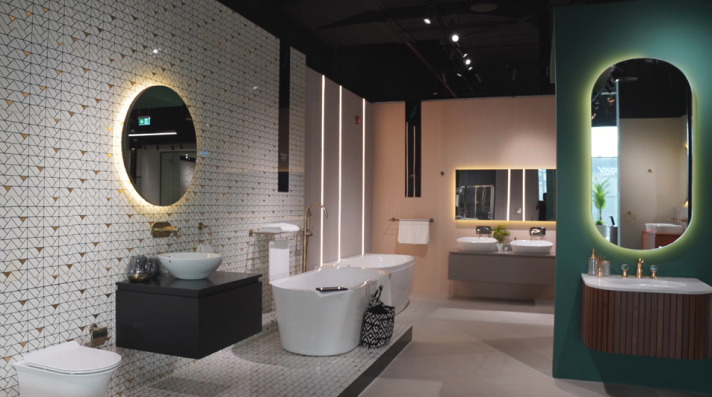


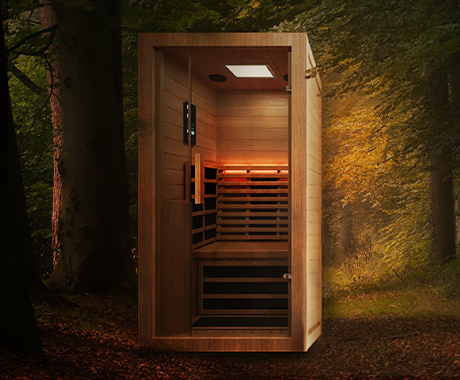

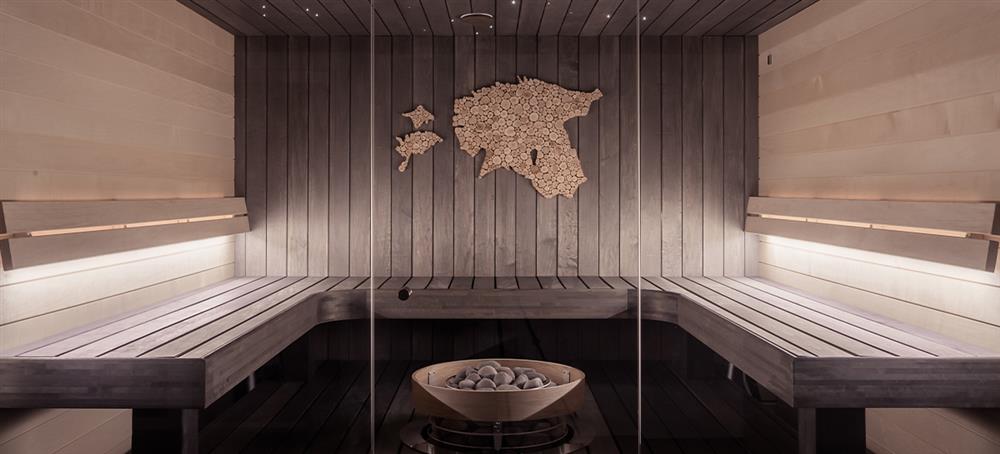

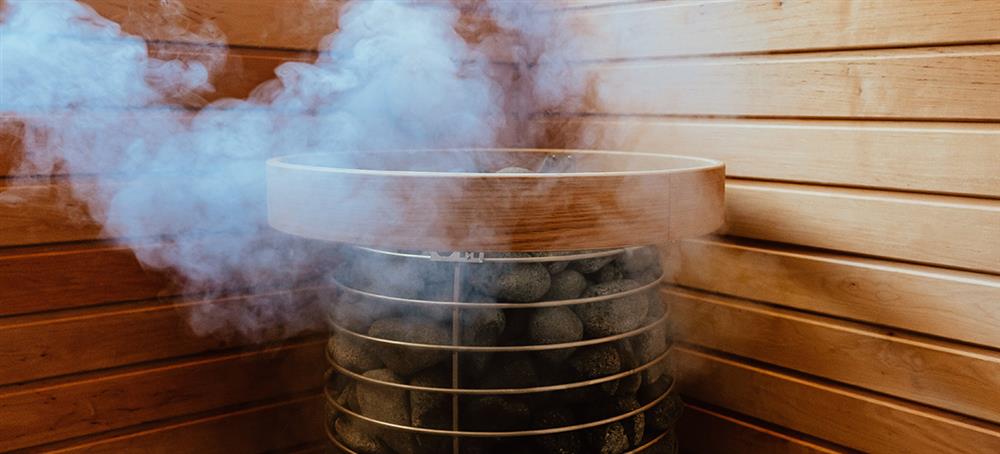
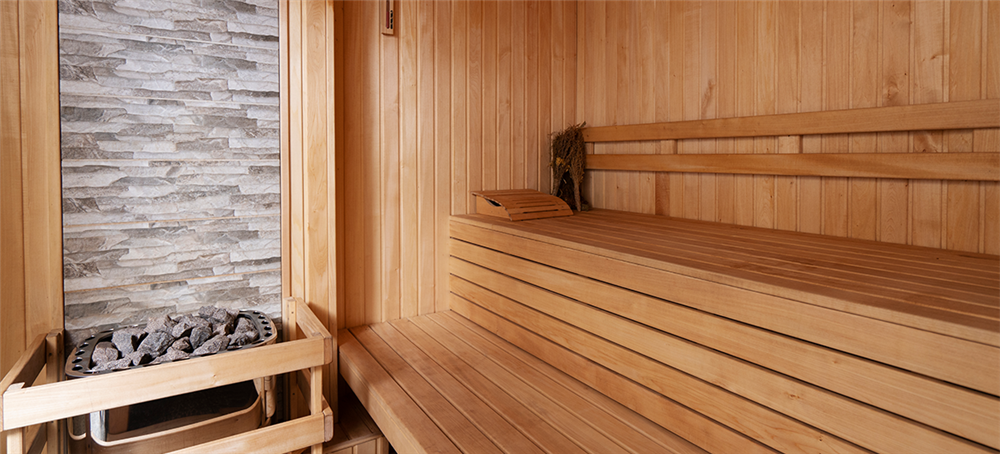
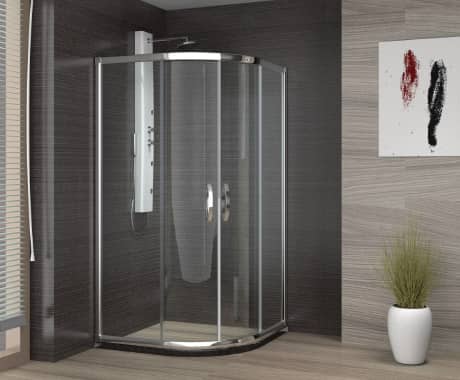
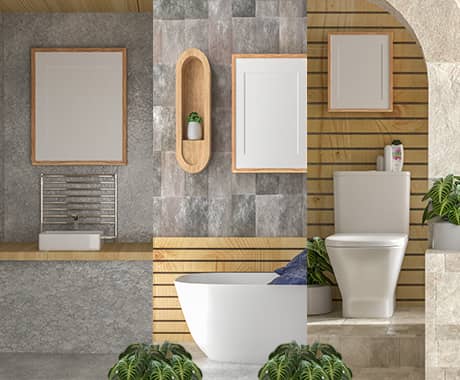
.jpeg)
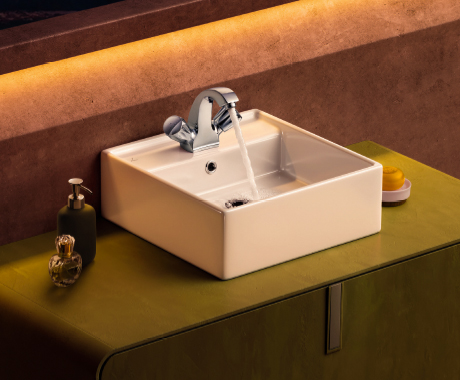
.png)
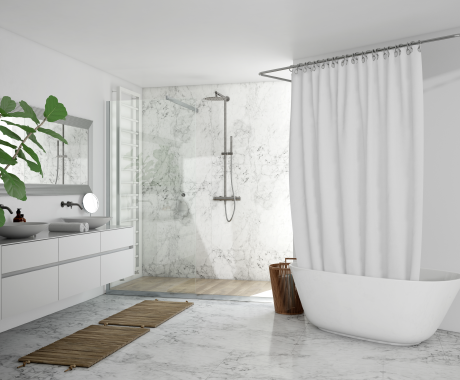
.png)

